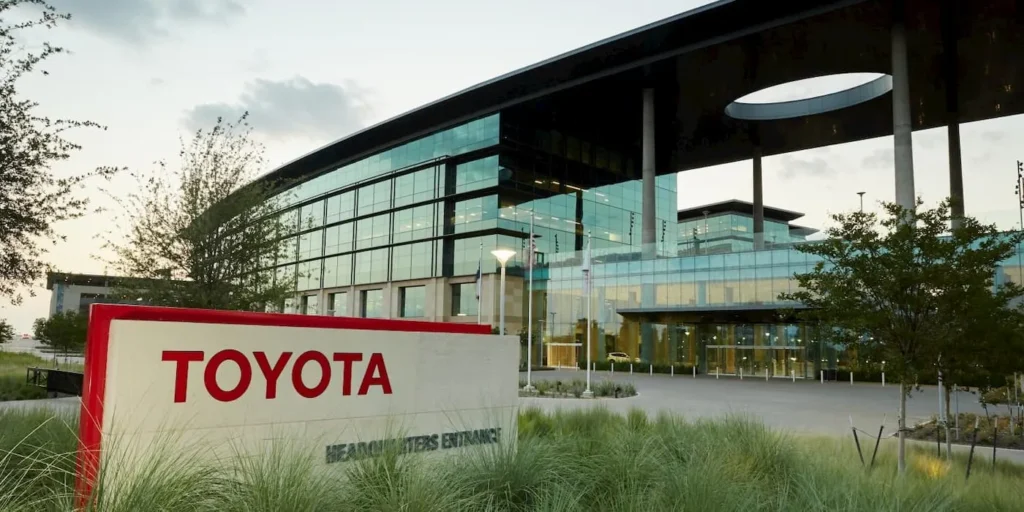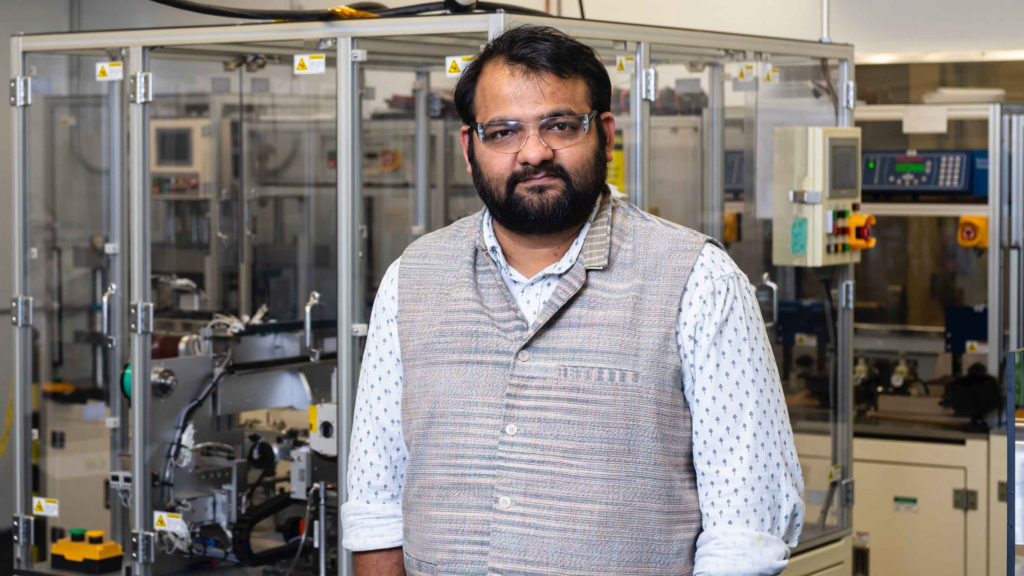Toyota North America Secures $4.5M DOE Grant to Advance EV Battery Recycling

- $4.5M grant awarded by the Department of Energy (DOE) to Toyota Motor North America for EV battery recycling innovation.
- Collaboration with leading research institutions to streamline robotic battery disassembly and reuse processes.
- Aims to create an industry-standard blueprint for a sustainable EV battery lifecycle.
Toyota Motor North America has received a $4.5 million grant from the Department of Energy (DOE) to accelerate electric vehicle (EV) battery recycling efforts. The initiative, led by the Toyota Research Institute of North America (TRINA), aims to create a comprehensive industry framework for sustainable battery lifecycle management.
Nik Singh, TRINA’s project leader and principal scientist, emphasized the program’s mission to “rethink their approach to battery circularity, prioritize battery life extension, facilitate battery reuse, and reduce waste.” The project will set a new standard for battery facilities focused on the “reduce, reuse, recycle” model.
Collaboration and Innovation:
The DOE’s Advanced Research Projects Agency-Energy initiative is backing this project to support a domestic EV battery supply chain that maximizes reuse and minimizes waste. Singh and his team are partnering with Oak Ridge National Laboratory, National Renewable Energy Laboratory, and Waygate Technologies, an energy tech firm under Baker Hughes.
Related Article: Toyota Boosts U.S. Investment with $1.4 Billion in Indiana for New BEV Production, Adds 340 Jobs
The collaboration focuses on:
- Robotic Disassembly: Developing automated systems for efficient battery pack disassembly.
- Data-Driven Classification: Leveraging diagnostic tools to assess battery cell health and guide reuse or recycling.
- Cell Refabrication: Creating new methods to recycle degraded battery cells into functional energy systems.
“We will generate processes to streamline reusing and refurbishing valuable battery cells and modules from end-of-life packs, without having to scan every single battery pack every single time,” explained Marm Dixit, a lead researcher at Oak Ridge National Laboratory.

Strategic Goals:
This initiative aims to resolve bottlenecks in the current EV battery supply chain by reducing manual labor, improving classification accuracy, and increasing the scalability of recycling operations. As EV adoption rises, battery scrap volumes are expected to surge, making sustainable recycling practices critical to minimizing environmental impact.
By developing efficient reuse strategies, the project intends to lower the overall emissions associated with battery production and disposal. This effort aligns with the broader trend of automakers and suppliers investing heavily in EV technology to leverage government support and meet growing market demand.
As Singh noted, the long-term success of the project will “highlight avenues for everyone” in the industry to adopt practices that extend battery life and reduce waste—contributing to a more sustainable future for EV technology.
Follow ESG News on LinkedIn








